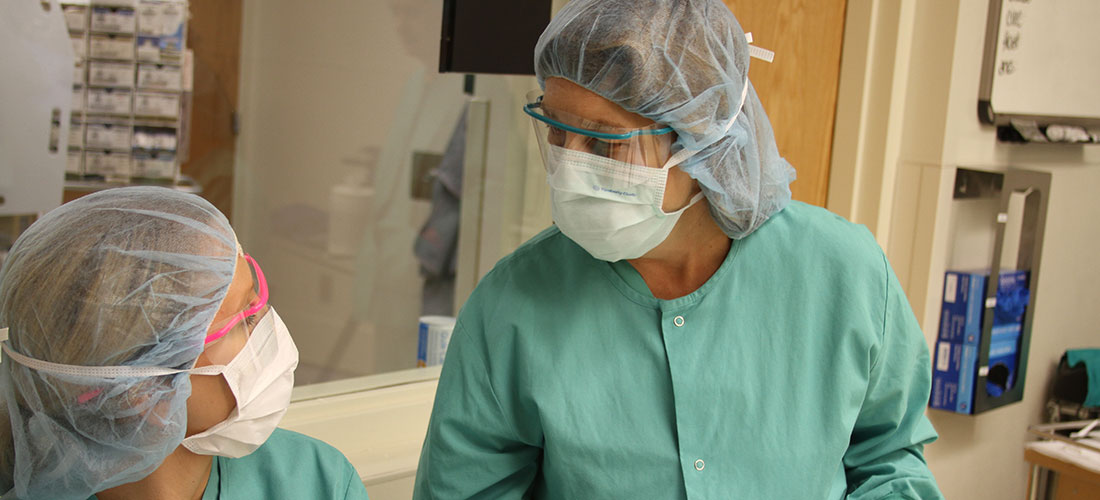Considering a Move to ASC Management? 4 Things to Know
By: Aorn Staff
Published: 4/6/2022
Considering a Move to ASC Management? 4 Things to Know
A Conversation with Ann Geier, MS, RN, CNOR, CASC

I love the pace, efficiency and constant professional challenges that managing an Ambulatory Surgery Center brings. Leading in this environment gives you unique opportunities to grow in ways that are different from inpatient care.
Before you make the move to leadership in an ASC, ask yourself if you are prepared for the expectations required to succeed in that environment.
You should understand your schedule will fluctuate day to day. Everyone working in an ASC could be asked to stay late or leave early, depending on the surgical schedule.
You also have to be ready for rapid turnovers. Compared to an inpatient setting, where an orthopedic turnover could be 1.5 hours, a total joint turnover in an ASC is generally no more than 30 minutes. This efficiency is exciting, but it takes skill and advanced coordination among surgical team members.
If the unique requirements of working in an ASC sound exciting to you, and you aspire to a management role, consider the must-have mindset for successfully leading in an ASC.
1. Be a Willing Learner
You will wear many hats and need to be skilled to take on anything, whether it’s supporting infection prevention or leading the team to prepare for an accreditation survey.
2. Love to Teach
ASC nurses could be working in preop one moment and PACU the next, so a range of knowledge and skills are needed. This provides the perfect opportunity to mentor.
3. Demonstrate a Good Work Ethic
There is no time to slow down during a busy day of ASC cases. Working hard no matter what and inspiring your team to do the same is essential. Don’t ever ask anyone to complete a task you wouldn’t take on yourself, including picking up a mop or catching up on administrative paper work.
4. Inspire Constant Improvement
Whether it’s personal improvement through professional development or team development through process improvements, be willing to encourage lifelong learning and share what you know.
Always give your staff opportunities to grow because you never know when you will find your next leader—succession planning should be a constant to ensure staff satisfaction, optimal patient outcomes, and successful business operations.
Learn more from Geier about growing future ASC leaders in her session “ASC Succession Planning: Prepare Today for Surprises of Tomorrow”, part of the Ambulatory Education Track at AORN Global Surgical Conference & Expo.
Ann Geier, MS, RN, CNOR, CASC is Chief Nursing Officer with Surgical Information Systems.

